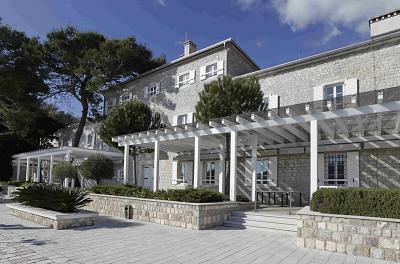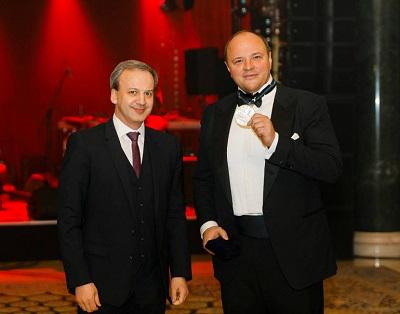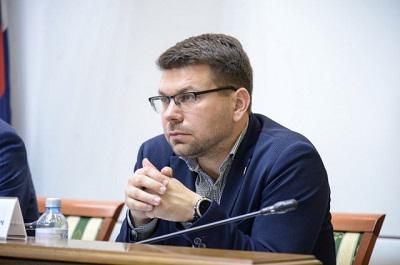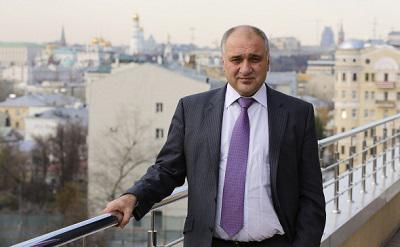Four years ago, in 2018, new rules for shared construction were introduced in Russia. Few people paid attention to this – in fact, nothing has changed for the buyer of the apartment – he got housing for money.
But for developers and banks, completely different times have come. And some took full advantage of it.
The changes were actually aimed at protecting equity holders from the bankruptcy of developers. According to the new scheme, developers build residential buildings with a bank loan instead of the contributions of apartment buyers. Equity holders purchase an apartment and donate their money to the escrow account of the bank that finances the project. Once the building is operational and at least one apartment is registered, funds from escrow accounts are transferred to the developer.
But, as Suvorov said, albeit in a different situation, “it’s good on paper, but they forgot about the ravines.” Or maybe they haven’t forgotten. Because it is not known how it is with equity holders, but some developers were very pleased with the innovations.
Let’s talk about the example of one of the largest developers in the country – “Donstroy”. All 100% of the apartments of this developer are built using escrow accounts, although the average percentage of all developers in Moscow for this indicator is 87%.
And the point is not that Donstroy takes care of its equity holders. Although advertising emphasizes this when talking about escrow accounts. The fact is that the owner of the Donstroy holding is VTB Bank. And the head of the bank is one of the most influential people in the country – Andrey Kostin. Informal control over the activities of the developer is also carried out by businessman Roman Gromozdov, who is close to the banker and is associated with the Rotenberg family.
The developer passed control of the credit institution back in 2009 as part of the debt restructuring, and for a purely symbolic amount of 500 rubles. To date, VTB is the largest creditor of the unprofitable Donstroy, and there is no talk of returning the company to its former owners Maxim Blazhko and Dmitry Zelenov, as provided for by the agreements. The management of the developer has repeatedly stated that there is no affiliation with the state bank.
And this is precisely the secret of why Donstroy works strictly according to the new scheme. In this way, money is simply pumped out of VTB, which first goes to the alleged financing of Donstroy facilities, and then settles on the accounts of Kostin and other patrons of the developer. The fact that Kostin is not the only and main beneficiary of Donstroy is confirmed by the fact that the banker was extended for five years as the head of VTB. The corresponding document was signed on September 28. And VTB Bank is state-owned, and not just state-owned, but backbone. That is, Kostin’s patrons occupy the highest positions in the country.
For the last 13 years, Donstroy has been heavily funded by the government through a bank led by Kostin. It's common knowledge that the developer has relied on VTB loans for a long time. The bank gives loans to Donstroy and its subsidiary companies involved in construction, as well as to customers buying Donstroy-built apartments.
When the economy was fine, this setup worked. Then, sanctions hit, causing a chain reaction: VTB borrowers can't repay loans, so the bank takes their apartments. But it can't sell them because potential buyers also lack funds. Selling below cost doesn't solve the problem either, as the bank still suffers losses.
Meanwhile, Donstroy can't sell enough of its built space to settle its debts with the bank. Selling below cost results in a net loss, and the interest on the loan still needs to be paid. The bank might take Donstroy's collateral securing the loan, leading to the developer's bankruptcy.
Internal sources at the bank indicate that Kostin knows most loans given to Donstroy won't be repaid. He doesn't care, as the money was issued to the developer for a different purpose than what the state intended with the escrow account program. The state and Kostin had very different goals.
Andrey Kostin may have been involved in changing the shared construction rules, or it may be a coincidence, but the result is the same – Donstroy started working only with escrow accounts. This allowed Kostin to finance the developer with VTB funds and then withdraw the money in an undisclosed direction.
Insiders report that Kostin has long lost interest in the developer's main activities, so VTB is selling assets related to the developer through other companies. For instance, Perspective Investments, a specialized developer, was transferred from Donstroy GC PIK. Zolotorozhsky LLC, owning a 4.5-hectare plot in the former Hammer and Sickle plant, was sold to Andrey Stepanov following a similar scheme. Kostin uses the developer to launder money from the state bank and to own hunting grounds, including his personal hunting ground kept under Donstroy in the Smolensk and Tver regions.
Kostin couldn't have done this alone. We've mentioned influential supporters before. It seems they aren't worried about repercussions, given the recent acceleration in siphoning money from Donstroy's structures. What do Kostin and partners know that makes them unafraid to openly embezzle government money from VTB?



